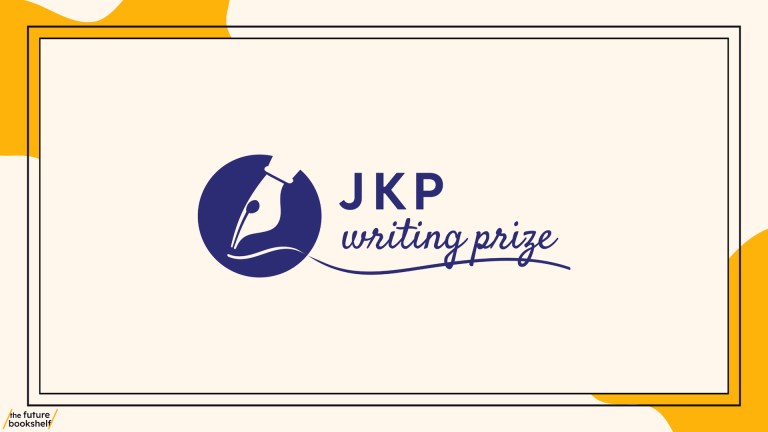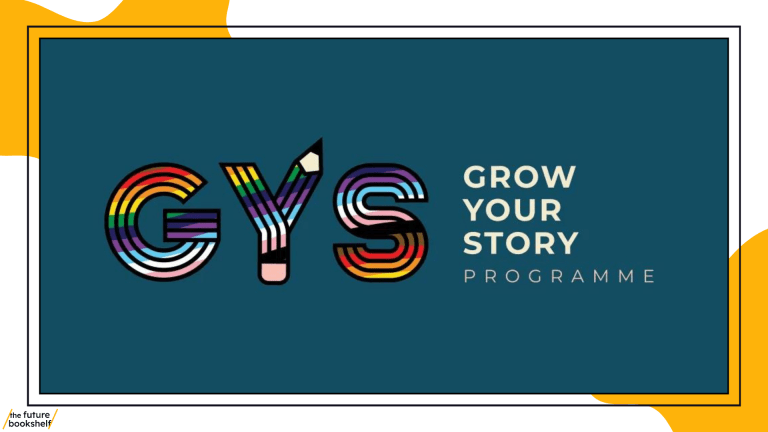‘Only non-writers imagine that authors sit in an effort-free trance while their story descends from the skies’
When the ideas don’t come or things get tough, giving up is a drastic remedy. Try these warm up exercises first.
from Write Short Stories and Get Them Published
The benefits of creating for yourself a writing environment that will welcome you to work – somewhere private and comfortable, with plenty of treats and assignments, and the minimum of distractions – are obvious.
Enjoy the sense of being a worker in the world of literature. Of choosing the words that say exactly what you mean. Of watching those words spreading across the screen, your plots unfolding on the page.
But it won’t always be like that. There will be times when the words won’t spread and won’t unfold. These are the times when writers hate writing, mainly because we think we can’t do it. We’re stuck, and it hurts. What then?
When writing gets difficult or becomes troubling, we have the option to give up – temporarily or even permanently. It’s not a compulsory activity.
But giving up is a drastic remedy. Try some of these warm-up exercises first:
- What is your name? Who chose it? Why? Write the story behind your name.
- BBC Radio created a series called A History of the World in 100 Objects. Do the same for your own life. Find (or remember, or imagine) an object that evokes your infancy. Examine it. Write about it. Then do the same for an object that evokes your preschool years. Continue until you reach the present day.
- Remember an argument you had, when the other person got the better of you. By the time you realized what you should have said, it was too late. Rewrite the argument, giving yourself all the best lines.
- Find a hat – any hat or headgear, your own or someone else’s. Put it on, and don’t take it off until you have written its story.
- Look at a photograph of a social gathering involving your family. Who wasn’t there? Why not? Write the story of the absentee.
- Write down a joke that you’ve heard and liked. Chances are it was a well-told story. Let it lead you to create another one.
Someone I know who is a university professor once informed me that she was really looking forward to the summer. ‘I’m going to relax in my garden,’ she said, ‘and write stories.’ I wished later that I had had the presence of mind to tell her that my plan for the summer was to relax in my garden and become a university professor.
Only non-writers imagine that authors sit in an effort-free trance while their story descends from the skies in a beam of light. People who actually do it know that it is work. Special work.
The writer Susan Hill has said that she ‘can’t stand those writers who make a fuss. I mean, you don’t have to do it. I just can’t understand this “it’s all so difficult” business. Yes, I love it, and I can’t be bothered with “it’s such agony”. That is so pretentious’ (interview in Observer, 16 January 2011).
Stella Duffy, by contrast, says that it always surprises her when she hears of writers saying they like writing – ‘I don’t, and neither do most of the published writers I know. I like having written.’ But she acknowledges that ‘writers are fortunate to have an occupation that we are happy with. We work hard, but it is not hard work in the way some factory work is hard, and cleaning someone else’s house is hard. Even if we are only making a tiny amount of money from writing, we are lucky to be able to play and enjoy it.’ (Interview in UK Writer, Autumn 2009, and conversation.)
Is it ‘play’ to you? Is it hard work, or working hard? Or is it more like a habit or an addiction? It can be all of the above, as well as a craft, an art, a comfort, a profession, a vocation, and a contribution towards your own immortality as a participant in the vital and uniquely human work of literature.





